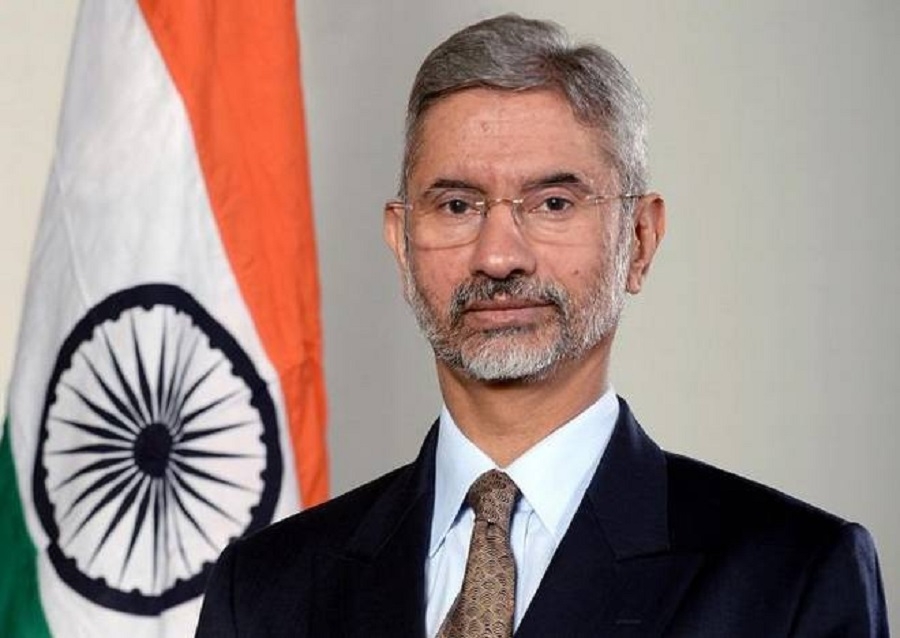WISE APPROACH
| Date :14-Aug-2019 |

MINISTER of External Affairs Dr. S. Jaishankar’s statement that bilateral differences should not become disputes between India and China, offers a logical interpretation of the process of handling contentious issues between the two Asian powers. The statement offers two important points: One, it asks Beijing to avoid stretching things too far; and two, it demonstrates a new position of confidence India feels about itself. On the third count, the statement is aimed at reducing the heat between the two countries and ushering in a regime of better comprehension of each other’s positions. By making such a deeply-meditated suggestion, Dr. Jaishankar, thus, has sought to avoid an unnecessarily strong positioning by both, Beijing and New Delhi, on contentious issues.
India has always taken a sane and sober approach to sorting out issues with China. Despite that, China has continued to behave aggressively with India on even small issues. For a long time, India’s approach demonstrated a major element of conciliation and not confrontation. That stemmed from a desire to promote friendliness, even though that could mean taking a little lower position on any issue. The approach Dr. Jaishankar has taken, however, demonstrates a new confidence visible in Indian diplomacy for the past 4-5 years. It shows a willingness to get even rather than to go defencive, something that was so well manifested in the Indian approach to the Doka La face-off that lasted nearly two-and-a-half months. Indian firmness had led China to retort that it would have no talks with India.
And to that unnecessary sternness, Prime Minister Mr. Narendra Modi responded by catching hold of Chinese President Mr. Xi Jinping at an international conclave and engaging him in a casual but purposeful conversation. The manner in which Mr. Modi conducted himself almost shocked Mr. Jinping in a way. This kind of assertiveness had never been in evidence in the behaviour of any previous leader of India. In the recent G-20 meet, too, Mr. Modi had shown similar approach to United States President Mr. Donald Trump during off-hour conversations.
The manner in which Mr. Trump sought to open a chat with Mr. Modi and the manner in which Mr. Modi short-shrifted him demonstrated a new Indian confidence as well as courage to take on anybody in larger national interest. That little nuance seen at G-20 meet against the background of increased trade tariffs by India vis-a-vis the US also indicated that India is asserting itself at every possible point on its diplomatic journey. Dr. Jaishankar’s statement indicates one more manifestation of that diplomatic assertiveness shown so many times by Mr. Narendra Modi. As a career diplomat now in a ministerial position, Dr. Jaishankar has brought to the table a greater comprehension of the diplomatic and sovereign processes so much needed to uphold national interest. From now on, Indian diplomacy is quite likely to become more engaging for other countries like China.
There is likely to be a heightened assertiveness in the Indian approach. Of course, China is not an easy customer to handle. Its inscrutable methods are quite difficult for other countries to decipher. Yet, the new Indian assertion is also going to be a major point to tackle for China as its rather dwindling economy in recent years may affect its confidence though in a small measure. In the given situation, China will have to agree that it makes little sense to stretch things too far vis-a-vis India, and that it is wise to contain differences before they assume the form of deep-seated disputes. Dr. Jaishankar’s assertion also might have stemmed from the awareness of China’s added discomfiture on many counts that may also include India’s growing military prowess.